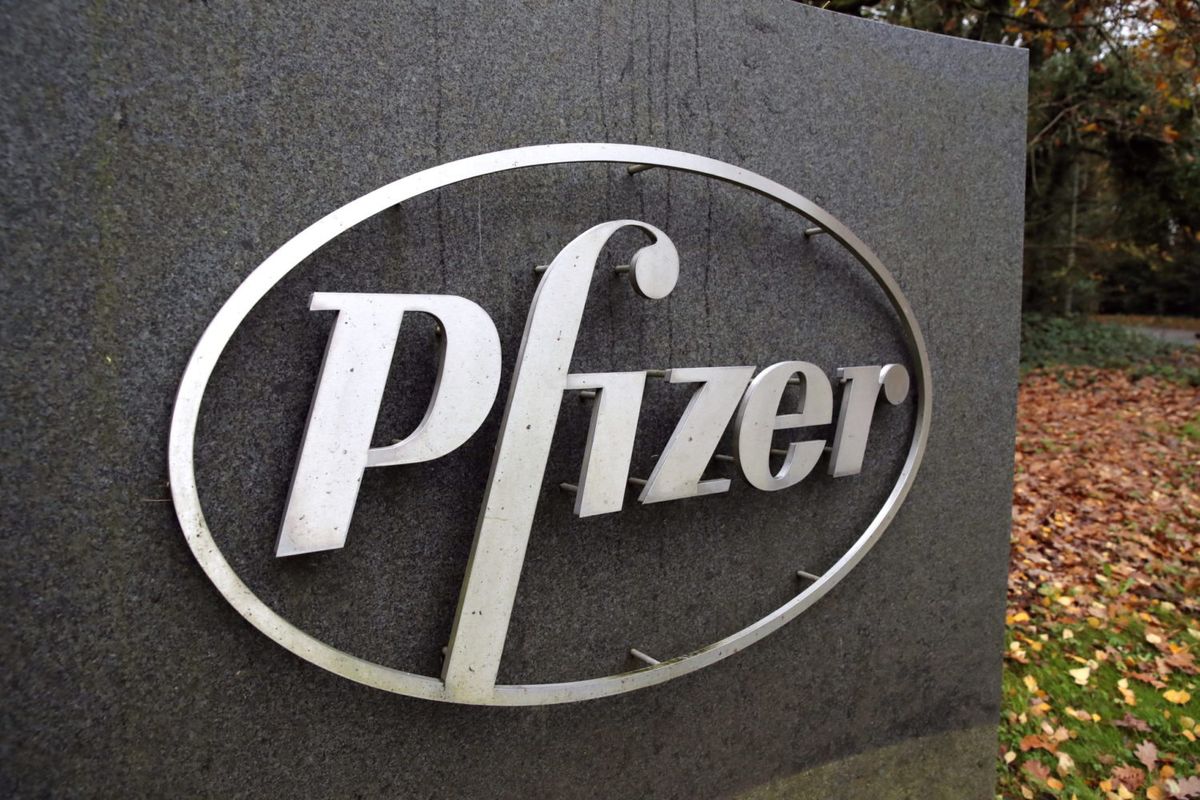Why did Pfizer’s CEO sell stocks after positive vaccine news?

A few minutes every morning is all you need.
Stay up to date on the world's Headlines and Human Stories. It's fun, it's factual, it's fluff-free.
The sale was structured and timed so that it could not be labeled as “insider trading,” but some were more critical of Pfizer CEO Albert Bourla’s decision to sell, calling it “wholly inappropriate” and “very suspicious.”
The announcement by American pharmaceutical giant Pfizer Inc. and German developer BioNTech SE that trials of their coronavirus vaccine displayed a 90% effectiveness rate were met with jubilation around the world.
While the promise of a vaccine that can be distributed worldwide to eradicate the coronavirus remains some way off, the efficacy trial results were welcome news, especially as new coronavirus cases in the United States continue to break records.
The announcement also came as good news for Pfizer’s chief executive officer, Albert Bourla.
In a press release, Bourla hailed the results as a “critical milestone” in the development of a COVID-19 vaccine and a “significant step” toward a possible end to the nearly yearlong pandemic.
After the announcement, it was revealed that Bourla had sold about 60% of his stock in the company, to the tune of some US$5.6 million.
The sale was structured and timed so that it could not be labeled as “insider trading,” but some were more critical of Bourla’s decision to sell, calling it “wholly inappropriate” and “very suspicious.”
Stock sale
Global markets surged following news of the successful vaccine trials, with Pfizer shares jumping by 11% and shares of BioNTech rising by 12%. The announcement was the first sign that a vaccine could be made available sometime later this year and signaled that the end of the pandemic could be mere months away.
Markets were not the only winners of Pfizer’s vaccine trial announcement, however.
On the same day of the news of the vaccine’s efficacy trials, it was reported that Pfizer CEO Albert Bourla had sold 132,508 shares in Pfizer, valued at around US$5.56 million.
The sale saw Bourla reduced his share load by more than 60% in one day, pulling in some 30% of his total 2019 compensation through this one sale alone.
Pfizer stated that the share sale was part of a “preestablished” trading plan, “which allows, under SEC rules, major shareholders and insiders of exchange-listed corporations to trade a predetermined number of shares at a predetermined time.”
Some have jumped to the CEO’s defense, defending the sale against accusations of insider trading.
Securities lawyer Sandeep Parekh argued that even if Bourla had sold shares after Pfizer’s announcement was made, on the back of stocks rising as a result, “he has not committed any wrong,” as “the rule of insider trading is abstain or disclose. There is no requirement to abstain after disclosure.”
Other questionable transactions
But insider trading has not been an unusual phenomenon during the coronavirus pandemic.
Republican Senator Kelly Loeffler, whose husband Jeff Sprecher is chairman of the New York Stock Exchange (NYSE), was accused of insider trading after Loeffler and her husband sold millions of dollars worth of stocks in March.
The stock dump came on the same day some senators had received private briefings from federal officials about the pandemic looming over the US and the stocks sold were in those industries expected to be most vulnerable during the crisis.
Some critics have questioned whether Pfizer’s explanation for Bourla’s stock sale holds up under scrutiny.
The day after Bourla implemented his “preestablished” trading plan, which has been pointed to to dismiss claims of insider trading, Pfizer announced that it was “on track to seek regulatory review” for its vaccine by October.
The timing of this trading arrangement, according to Daniel Taylor, an insider trading expert and associate professor of accounting at the Wharton School of the University of Pennsylvania, looked “very suspicious.”
In comments to NPR, Taylor added, “it’s wholly inappropriate for executives at pharmaceutical companies to be implementing or modifying 10b5-1 plans the business day before they announce data or results from drug trials.”
Bourla’s stock sale appeared similar to that of other pharmaceutical industry executives. In September, NPR reported that executives at Moderna had arranged for stocks to be sold just before key announcements were made about a vaccine under development by the company, using trading plans similar to the one implemented by Bourla.
This meant that, regardless of whether the vaccine succeeded or not, executives made millions of dollars by selling stocks in their company on the back of positive news about Moderna’s vaccine.
Ultimately, though Pfizer’s announcement was undoubtedly positive news, reports of Bourla’s stock sale injected an element of cynicism into what had been widespread relief and optimism that the end of the coronavirus pandemic was finally in sight.
Have a tip or story? Get in touch with our reporters at tips@themilsource.com




Comments ()